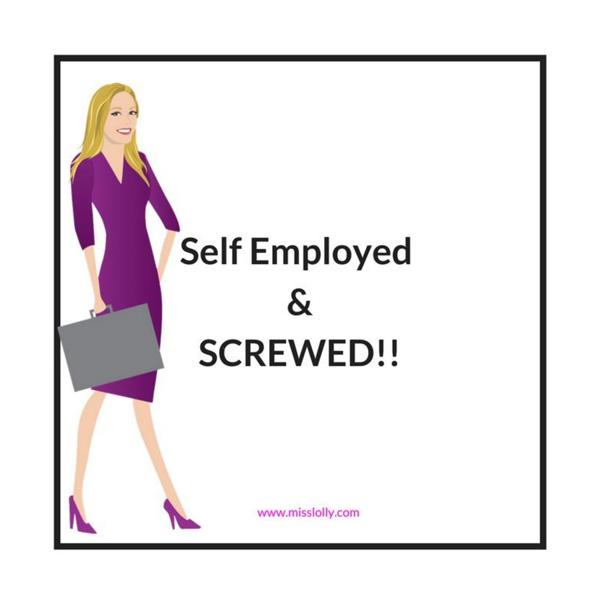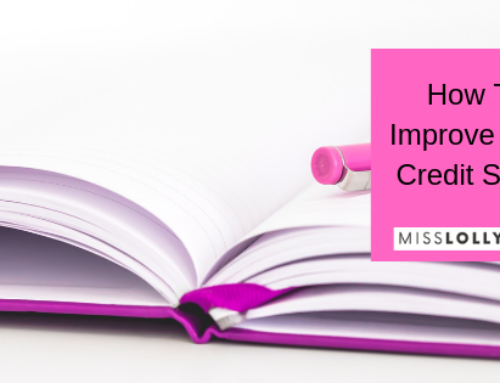Self-employment can have huge advantages around working flexibility and potentially higher earnings than you would if you are employed in a traditional 9-5. Entrepreneurs are notorious for throwing themselves into their business and often forgetting that they need to think about themselves as the employee of their business too.
What happens to them if they get sick – i.e. is there an income protection policy in place? What about when they come to retire – i.e. are they putting money away for tomorrow (a pension) or keeping their fingers crossed?
Recent research reported in Professional Adviser suggests that 45% of self-employed people do not have a pension.
I would also say that in my day job at a wealth management firm that even really successful entrepreneurs have remained ostriches when it comes to pension planning. When I explain to them the tax advantages they kick themselves. So here’s what I tell them:
- It is a very powerful and tax efficient savings tool – and yes the earlier that you start the more you are going to benefit from compound interest
- Tax relief, tax relief, tax relief!! Basic rate tax payers pay in £80 and the government tops it up to £100. Plus it gets even better for higher rate tax payers (they pay in £60) and higher rate tax payers (they pay in £55)
- You can take the decision out of it by setting up a direct debit from your business account so that the money is out of sight
- You can touch it at age 55 – even if you are still working
- You can pass your pension on when you die without inheritance tax
So hopefully this has encouraged you to take the leap if you haven’t already got this sorted. If you already have a pension, perhaps it’s time to review how much you are paying in to your pension and how it is invested.
Did you know, a very rough rule of thumb is that you should pay in half your age as a percentage of your income. For example if you are 44, you should pay in 22% of your salary each month into your pension. EEKKK!!!
Lots of Love
Miss Lolly xx













Leave A Comment